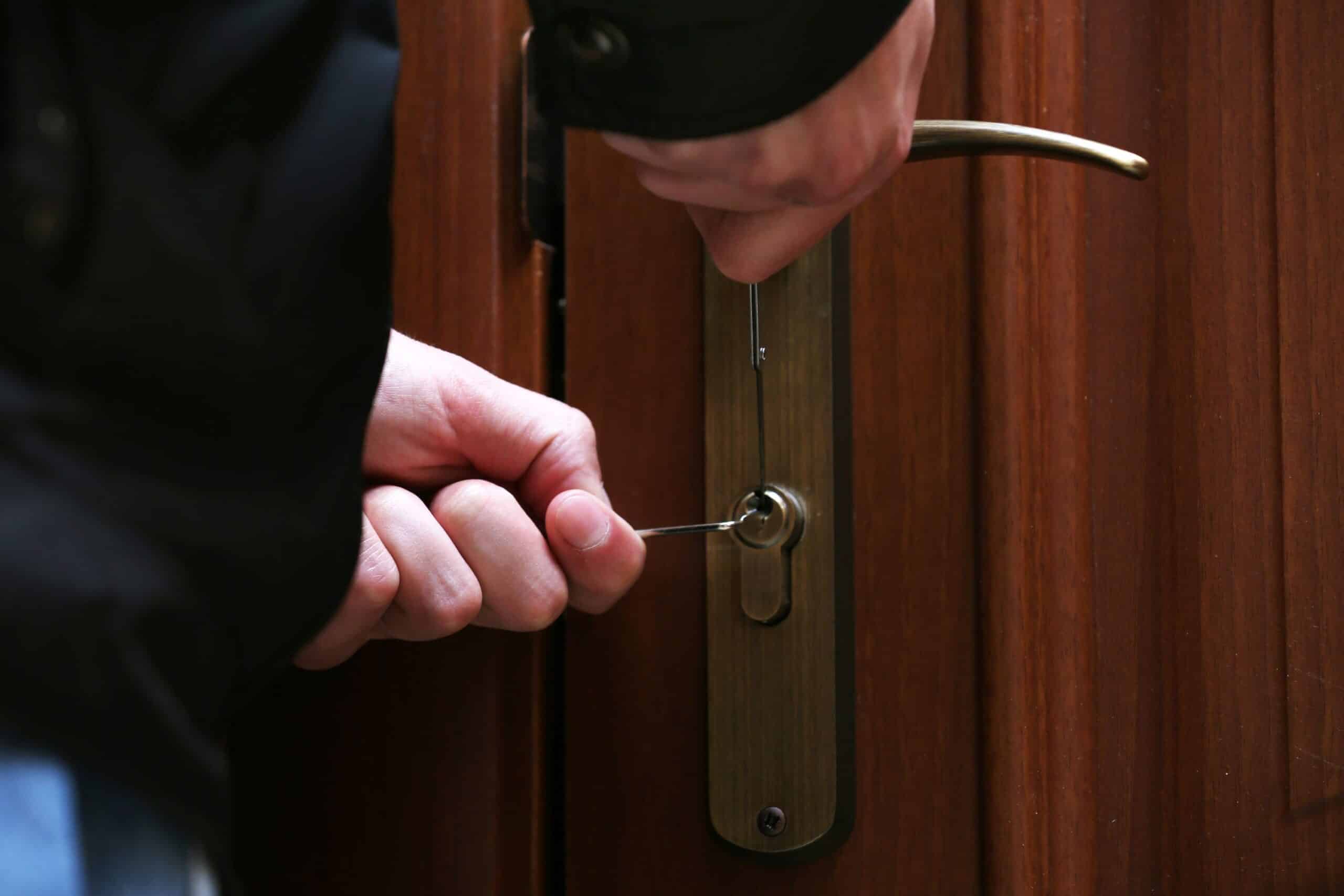 The security and sanctity of our homes are of utmost importance, providing us with a safe haven from the outside world. Residential burglary directly threatens this sense of security, traumatizing victims and communities on edge.
The security and sanctity of our homes are of utmost importance, providing us with a safe haven from the outside world. Residential burglary directly threatens this sense of security, traumatizing victims and communities on edge.
In Minnesota, the law takes residential burglary seriously and imposes significant legal consequences on those who commit this crime. To ensure the safety and well-being of our communities, it is essential to have a comprehensive understanding of the legal ramifications associated with residential burglary in MN.
Residential burglary involves the unlawful entry into someone’s dwelling with the intent to commit a crime. It is an offense that strikes at the heart of personal privacy and safety. By understanding the legal framework surrounding residential burglary, we can equip ourselves with the knowledge to protect our homes and support those affected by this crime.
Victims must know their rights, how to report the incident, and the legal recourse available to seek justice. On the other hand, individuals facing charges must comprehend the potential penalties and the importance of obtaining skilled legal representation to mount an effective defense.
Residential Burglary in MN
Residential burglary refers to the unlawful entry into another person’s dwelling with the intent to commit a crime. In Minnesota, the laws regarding residential burglary are covered under Section 609.582 of the Minnesota Statutes. To be charged with residential burglary, three elements must be present: unlawful entry, entry into a dwelling, and intent to commit a crime inside the dwelling.
Unlawful entry refers to entering or remaining on someone else’s property without the owner’s consent. Entry into a dwelling involves accessing the inside of a building or structure where people reside, such as a house or apartment. The intent to commit a crime may include theft, assault, or any other criminal act.
Penalties and Consequences
Residential burglary is considered a felony offense in Minnesota. The severity of the penalties imposed on offenders depends on various factors, including aggravating circumstances and the defendant’s criminal history.
Under Minnesota law, first-degree residential burglary is the most serious offense. It occurs when the offender possesses a dangerous weapon, causes bodily harm to another person, or enters the dwelling when a person is present. First-degree residential burglary is a felony punishable by up to 20 years in prison and/or fines of up to $35,000.
Second-degree residential burglary is charged when the offender does not meet the criteria for first-degree burglary but still enters a dwelling intending to commit a crime. This offense carries a maximum penalty of 10 years in prison and/or fines of up to $20,000.
Third-degree residential burglary applies when the offender enters a dwelling without authorization, but no aggravating circumstances exist. This offense is a felony punishable by up to 5 years in prison and/or fines of up to $10,000.
Seeking Legal Assistance
If you have been a victim of a residential burglary in Minnesota, it is essential to report the incident to law enforcement authorities immediately. They will investigate the matter and gather evidence to build a case against the offender. It is also advisable to consult with a qualified attorney who specializes in criminal law to navigate the legal process and ensure that your rights are protected throughout the investigation and any subsequent proceedings.
For individuals facing charges related to residential burglary, seeking legal representation is crucial to mount an effective defense. An experienced attorney can evaluate the circumstances, review the evidence, and develop a strategy to challenge the prosecution’s case. They can negotiate on your behalf, explore possible plea agreements, or, if necessary, vigorously advocate for your rights in court.
Residential burglary is a serious offense in Minnesota with severe legal ramifications. Understanding the elements of the crime and the potential penalties associated with it is essential for both victims and those facing charges. By familiarizing ourselves with the legal framework surrounding residential burglary in MN, we can better protect our homes and communities.
It is crucial to remember that if you are a victim of residential burglary, reporting the incident promptly and seeking legal assistance will help ensure that justice is served. For those facing charges related to residential burglary, obtaining the support of a knowledgeable attorney is vital to navigate the complex legal system and safeguard your rights.
Residential burglary disrupts the sense of security and invades the privacy of individuals and families. By understanding the legal ramifications associated with this crime, we can work together to prevent such offenses and hold perpetrators accountable for their actions. Let us strive for safer neighborhoods where everyone can feel safe and protected in their homes.
About the Author:
Christopher Keyser is an AV-Preeminent rated criminal and DWI defense attorney based in Minneapolis who is known for fighting aggressively for his clients and utilizing innovative tactics to get the most positive results. He has been featured in numerous media outlets due to the breadth and depth of his knowledge and has been named a Certified Specialist in Criminal Law by the Minnesota Bar Association. Mr. Keyser is Lead Counsel rated, and he has received recognition for his criminal law work from Avvo, Expertise, Super Lawyers, The National Trial Lawyers, and more.







